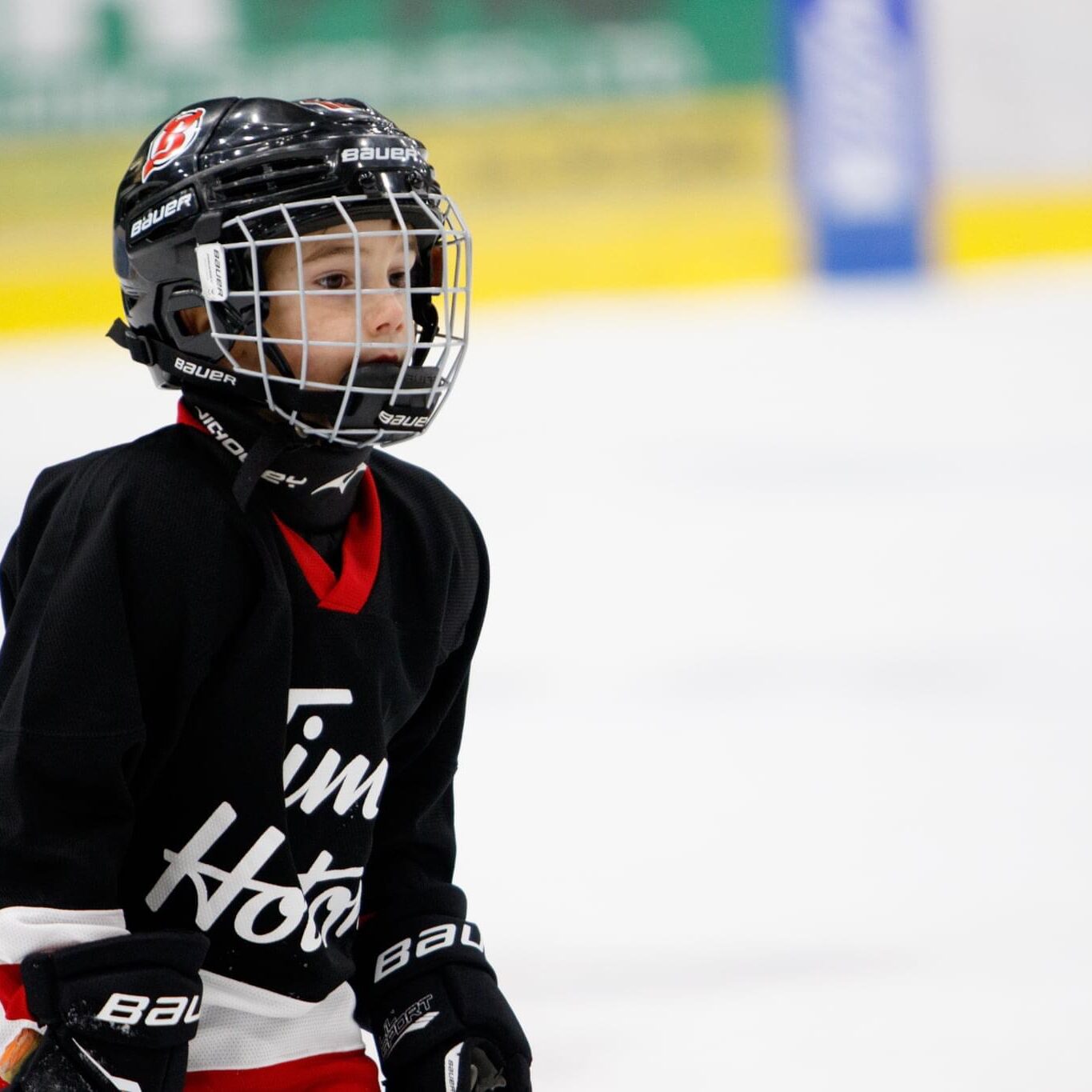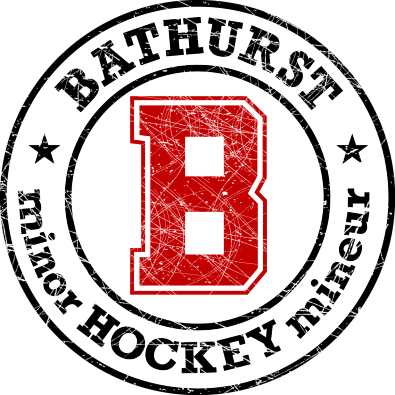U9 Minor Hockey
What is U9 Hockey?
U9 (formerly novice) is the second age division in minor hockey, though it is also a great place to start. Goals for the U9 age category are fun reviewing of basic skills, and refining of basic skills. Programing is focsued on technical skills (75%) and introduces individual tactics (approximately 15%) and some team tactics (approximately 10%).
Programming is delivered through a progressive learn-to-play teaching curriculum that spans the seven- and eight-year-old age group. Children learn best through participating in practice drills and sessions, as well as informal and modified games such as shinny, freeze tag and obstacle courses.
The program consists of four levels of instruction, designed specifically for young hockey players. Each level consists of a series of practice plans (lesson plans) that follow a defined path of progressions. The skills of skating, puck control, passing and shooting are introduced and refined in a one-step-at-a-time manner.
To find our more on what is learned and practiced for this age group, know that BMHA follows Hockey Canada's Player Pathway for U9.

Tiers
New for 2023, BMHA will be joining other minor hockey associations in New Brunswick by dividing U9 teams into two tiers.
Tier 1 teams will be for new and learning players, while Tier 2 teams will be for players ready for more challenges. Neither tier would be considered competitive. Tier 1 and Tier 2 teams may practice together, but they would not play against one another in a game. These tiers allow for greater participation of all players by giving all a chance to play with and against players closer to their skill level.
The game format For all U9 games remain the same, regardless of tiers; scores aren't kept and players change from the bench after a 2 minute timer.
What can you expect as parent?
Teams
You can expect your child to be a member on one of our (usually 3) U9 teams. They will form new friends and learn to work together while having fun. Teams are divided to provide even skill level between teams within their tier, facilitate travel for carpooling and a balanced number of players.
Gear
Each child will receive a practice jersey and matching socks for their team which they will quickly learn to become proud of. They will also be lent a game jersey that must be returned by the end of the season (matching socks are optional and a team purchase can be organized by the team manager). It is the responsability of the parent to ensure their child has the proper equipment (including neckguards!)
Hockey Canada’s equipment fitting guide states that in order to ensure player safety, all hockey players must have the following equipment:
- Helmet (must be CSA-certified)
- Mouthguard
- Neck guard (must be BNQ-certified)
- Shoulder pads
- Elbow pads
- Gloves
- Groin guard (jock/jill/cup)
- Hockey pants
- Shin pads
- Hockey socks
- Skates
- Hockey stick
- Practice jersey
- Equipment bag
Season format
The season runs from October to March. There is usually one weekday practice as well as ice time on Saturday and Sunday. In November, games will begin taking some of those weekend spots. The schedule can be found here and on the TeamSnap app. Please check it regularly as it can change on short notice. Some teams and divisions also like to put together a group to communicate on social media apps.
Volunteering
Parents are encouraged to volunteer. We need coaches, assistant coaches, on-ice helpers, off-ice helpers, team managers and cheering! Parents will also be asked to operate the game clock for home games.
Costs
In addition to registration costs, which covers all the expenses related to the minor hockey season (ice rental, officials, etc.), there will likely be additional team-based costs. Participation in tournaments (up to 3 a year) is likely and team managers will ask that each player contribute their portion of the fee to register the team (approximately 30-40$ each). As previously mentioned, matching game socks may also be purchased for an additional cost.
Teams may also fundraise to cover some of these costs as well as for other events during the year (year end party, souvenirs). Managers are transparent with the amount of money spent and raised, and all money will be disbursed within the hockey season.
Respect in Sport
Each player requires a parent to have completed Respect in Sport Parent Program. It can accessed through Hockey New Brunswick's Respect in Sport Parent Program portal.
